Solar Wind
The solar wind is a stream of plasma released from the upper atmosphere of the Sun. It consists of mostly electrons, protons and alpha particles with energies usually between 1.5 and 10 keV. The stream of particles varies in density, temperature, and speed over time and over solar longitude. These particles can escape the Sun's gravity because of their high energy, from the high temperature of the corona and magnetic, electrical and electromagnetic phenomena in it.
The solar wind is divided into two components, respectively termed the slow solar wind and the fast solar wind. The slow solar wind has a velocity of about 400 km/s, a temperature of 1.4–1.6×10e6 K and a composition that is a close match to the corona. By contrast, the fast solar wind has a typical velocity of 750 km/s, a temperature of 8×10e5 K and it nearly matches the composition of the Sun's photosphere. The slow solar wind is twice as dense and more variable in intensity than the fast solar wind. The slow wind also has a more complex structure, with turbulent regions and large-scale structures.
Solar radio flux at 10.7 cm
The solar radio flux at 10.7 cm (2800 MHz) is an excellent indicator of solar activity. Often called the F10.7 index, it is one of the longest running records of solar activity. The F10.7 radio emissions originates high in the chromosphere and low in the corona of the solar atmosphere. The F10.7 correlates well with the sunspot number as well as a number of UltraViolet (UV) and visible solar irradiance records. Reported in “solar flux units”, (s.f.u.), the F10.7 can vary from below 50 s.f.u., to above 300 s.f.u., over the course of a solar cycle.
Flares
A solar flare is a sudden flash of brightness observed over the Sun's surface or the solar limb, which is interpreted as a large energy release of up to 6 × 10e25 joules of energy. They are often, but not always, followed by a colossal coronal mass ejection. The flare ejects clouds of electrons, ions, and atoms through the corona of the sun into space. These clouds typically reach Earth a day or two after the event.
Solar flares affect all layers of the solar atmosphere (photosphere, chromosphere, and corona), when the plasma medium is heated to tens of millions of kelvin, while the electrons, protons, and heavier ions are accelerated to near the speed of light. They produce radiation across the electromagnetic spectrum at all wavelengths, from radio waves to gamma rays, although most of the energy is spread over frequencies outside the visual range and for this reason the majority of the flares are not visible to the naked eye and must be observed with special instruments. Flares occur in active regions around sunspots, where intense magnetic fields penetrate the photosphere to link the corona to the solar interior. Flares are powered by the sudden (timescales of minutes to tens of minutes) release of magnetic energy stored in the corona. The same energy releases may produce coronal mass ejections (CME), although the relation between CMEs and flares is still not well established.
The frequency of occurrence of solar flares varies, from several per day when the Sun is particularly "active" to less than one every week when the Sun is "quiet", following the 11-year cycle (the solar cycle). Large flares are less frequent than smaller ones.
Classification
Solar flares are classified as A, B, C, M or X according to the peak flux (in watts per square metre, W/m2) of 100 to 800 picometre X-rays near Earth, as measured on the GOES spacecraft.
|
Classification
|
Peak Flux Range at 100-800 picometer
W/m2
|
|
A
|
< 10e-7
|
|
B
|
10e-7 to 10e-6
|
|
C
|
10e-6 to 10e-5
|
|
M
|
10e-5 to 10e-4
|
|
X
|
10e-4 to 10e-3
|
|
Z
|
> 10e-3
|
An earlier flare classification is based on Hα spectral observations. The scheme uses both the intensity and emitting surface. The classification in intensity is qualitative, referring to the flares as: (f)aint, (n)ormal or (b)rilliant. The emitting surface is measured in terms of millionths of the hemisphere and is described below. (The total hemisphere area AH = 6.2 × 1012 km2.)
|
Classification
|
Corrected area
(millionths of hemisphere)
|
|
S
|
< 100
|
|
1
|
100 - 250
|
|
2
|
250 - 600
|
|
3
|
600 - 1200
|
|
4
|
> 1200
|
Sunspots
Sunspots are temporary phenomena on the photosphere of the Sun that appear visibly as dark spots compared to surrounding regions. They correspond to concentrations of magnetic field that inhibit convection and result in reduced surface temperature compared to the surrounding photosphere. Sunspots usually appear in pairs, with pair members of opposite magnetic polarity. The number of sunspots varies according to the approximately 11-year solar cycle.
Sunspot populations quickly rise and more slowly fall on an irregular cycle of 11 years, although significant variations in the number of sunspots attending the 11-year period are known over longer spans of time. For example, from 1900 to the 1960s, the solar maxima trend of sunspot count has been upward; from the 1960s to the present, it has diminished somewhat. Over the last decades the Sun has had a markedly high average level of sunspot activity; it was last similarly active over 8,000 years ago.
The number of sunspots correlates with the intensity of solar radiation over the period since 1979, when satellite measurements of absolute radiative flux became available. Since sunspots are darker than the surrounding photosphere it might be expected that more sunspots would lead to less solar radiation and a decreased solar constant. However, the surrounding margins of sunspots are brighter than the average, and so are hotter; overall, more sunspots increase the Sun's solar constant or brightness. The variation caused by the sunspot cycle to solar output is relatively small, on the order of 0.1% of the solar constant (a peak-to-trough range of 1.3 W/m2 compared to 1366 W/m2 for the average solar constant).


































